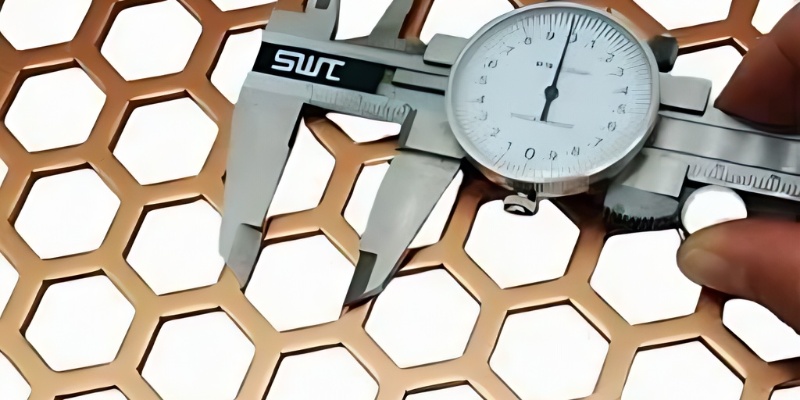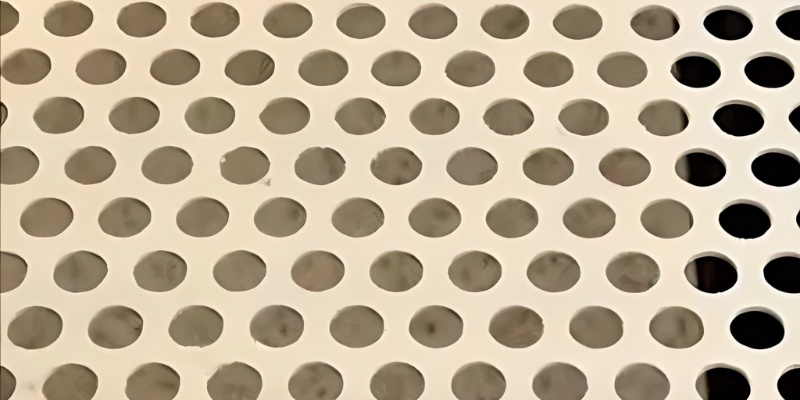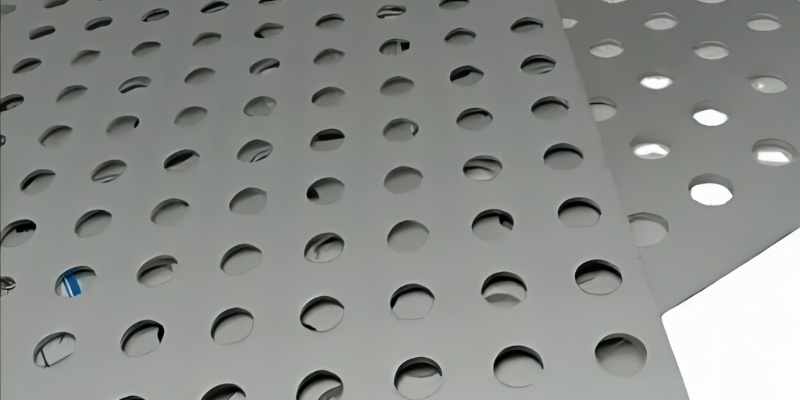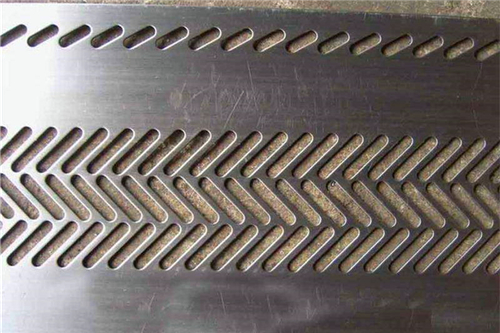7. Surface Quality Examination
Inspect the sheet surface for defects such as scratches, burrs, or rust. Verify surface treatments (e.g., polishing, coating, galvanization) meet quality standards. Proper surface treatment enhances durability, corrosion resistance, and appearance.
8. Edge Finish Evaluation
Examine sheet edges for smoothness, absence of burrs, or cracks. Edge quality directly impacts installation safety and overall aesthetics, requiring meticulous processing and rigorous inspection.
9. Additional Testing Options
Supplemental tests may include:
Bending and Deformation Testing: Ensure flatness and prevent installation errors caused by warping.
Durability Testing: Assess impact resistance and wear resistance for long-term stability.
Appearance Consistency: Regular batch inspections for mass-produced sheets to ensure uniform aesthetics.
Conclusion
By following these evaluation steps, manufacturers and users can comprehensively assess perforated sheet quality, ensuring products meet high standards. As a professional manufacturer specializing in perforated sheets, we strictly adhere to these quality control measures to deliver superior products and services.



